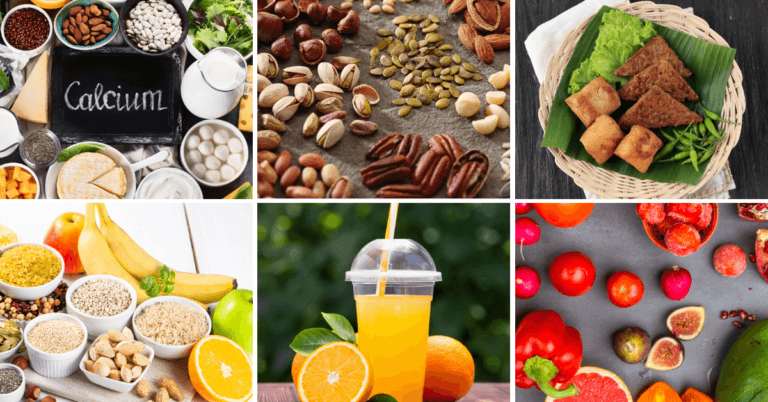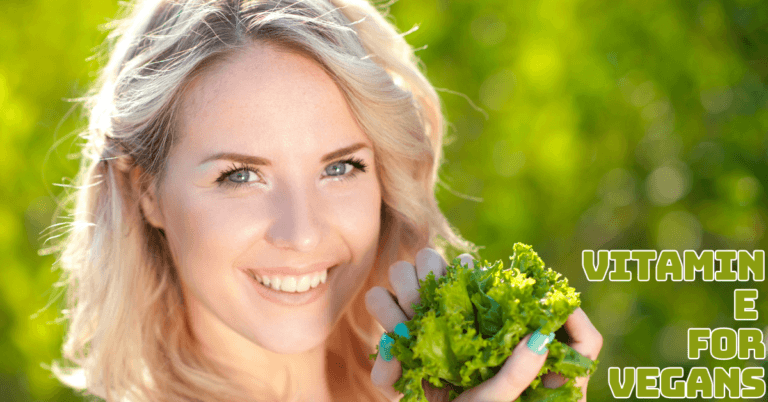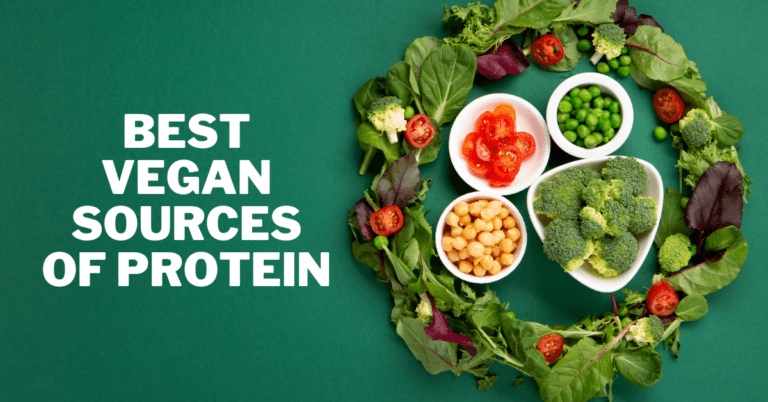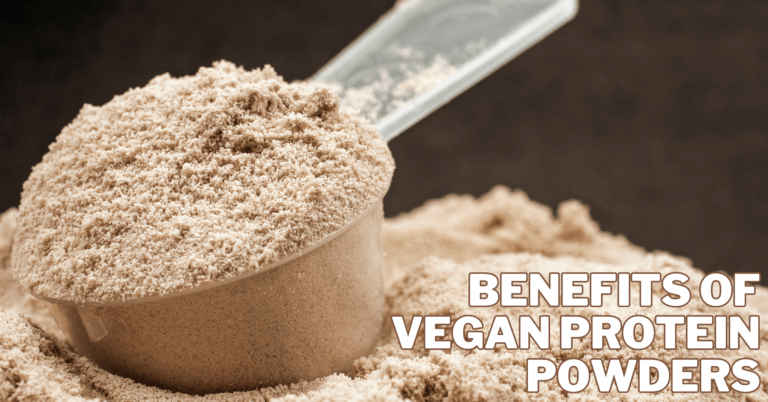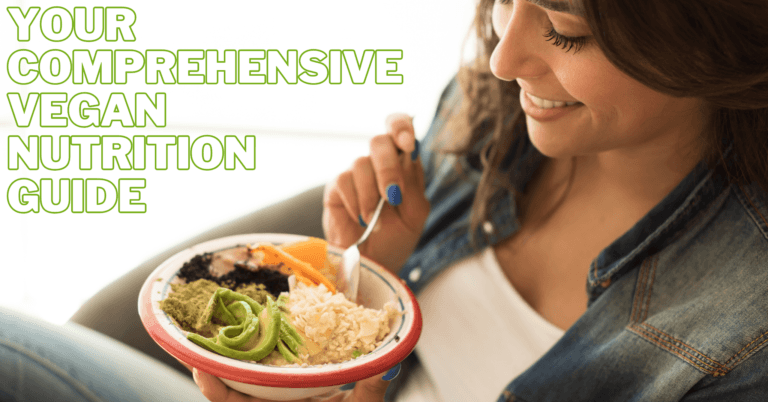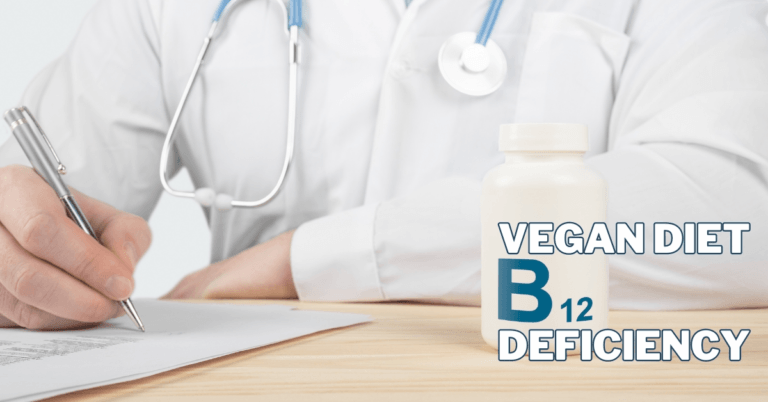Vegan Diet And Vitamin B12 Deficiency
Vegan Diet And Vitamin B12 Deficiency
A vegan diet, known for its health and environmental benefits, eschews all animal products and relies solely on plant-based foods, including meat, dairy, and eggs.
While this dietary choice offers numerous advantages, such as reducing the risk of heart disease and lowering cholesterol levels, it also presents challenges, notably in meeting the body's need for certain essential nutrients.
This article will discuss the value of vitamin B12, the dangers of insufficiency, and doable methods vegans can use to ensure they get enough nourishment.
By learning about the function that vitamin B12 plays in a vegan diet and taking the necessary precautions, people can reap the benefits of a plant-based diet without sacrificing their health.
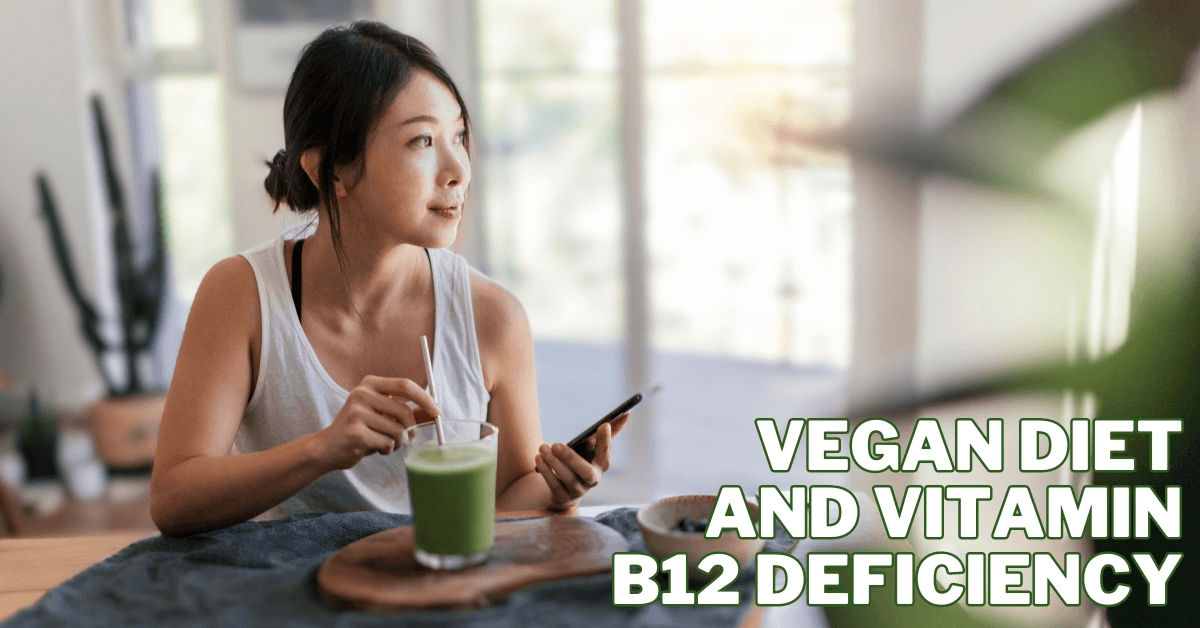
The Importance Of Vitamin B12
Cobalamin, often known as vitamin B12, is necessary for several body processes and is therefore critical to general health.
It is principally in charge of DNA synthesis, the upkeep of the central nervous system, and the production of red blood cells.
Red blood cell production is one of vitamin B12's main purposes. It depends on the production of hemoglobin, the protein found in red blood cells that transports oxygen throughout the body.
Megaloblastic anemia, a disorder that can result in fatigue, weakness, and other symptoms, is caused when red blood cells become excessively large and cannot function correctly due to a lack of vitamin B12.
Vitamin B12 is also critical for maintaining a healthy nervous system. It produces myelin, a protective covering that surrounds nerve fibres and helps them transmit signals properly.
Insufficient vitamin B12 can compromise nerve function, causing symptoms such as tingling or numbness in the hands and feet, trouble walking, and memory issues.
Furthermore, vitamin B12 is necessary for synthesizing DNA, the genetic material found in every cell.
It also divides and multiplies cells, maintains healthy skin, hair, and nails, and preserves and repairs bodily components.
Getting enough vitamin B12 is essential because it plays a role in these essential processes.
Although it can be found naturally in animal products like dairy, fish, meat, and eggs, vegans and vegetarians may need to rely on supplements or fortified diets to receive the nutrients they need. It is advised to check vitamin B12 levels regularly through blood tests.
Symptoms Of Low Vitamin B12
Vitamin B12 deficiency, which can result from low vitamin B12 levels, can have several symptoms. These symptoms may affect different body parts, which might range in intensity.
The following are some typical signs of a vitamin B12 deficiency:
1. Fatigue And Weakness
Vitamin B12 deficiency impairs red blood cell formation, leading to megaloblastic anemia. Red blood cells are larger and less efficient at oxygen transport in this condition, causing fatigue and weakness.
The body's tissues and organs receive insufficient oxygen, impacting energy levels and physical performance.
Symptoms can include persistent tiredness, weakness, and difficulty concentrating. Vegans, vegetarians, and individuals with gastrointestinal disorders are at higher risk.
Treatment typically involves vitamin B12 supplementation or dietary changes to restore adequate levels and alleviate symptoms. Regular monitoring and early intervention are crucial to prevent complications.
2. Pale Or Jaundiced Skin
Red blood cells are larger and fewer in quantity in megaloblastic anemia brought on by a vitamin B12 deficiency, which impairs oxygen transport.
Because of the reduced blood flow and oxygenation, the skin may appear pale. Furthermore, jaundice—a disorder marked by a yellowing of the skin and the whites of the eyes—can result from a vitamin B12 shortage that upsets the body's bile pigment balance.
Excess bilirubin, a yellow pigment generated during the breakdown of red blood cells, builds up in the bloodstream and causes jaundice.
3. Sensations Of Pins And Needles
Due to the production of myelin, vitamin B12 is essential for the health of nerve cells. Nerve fibres are encased in this barrier of defence.
Neurological damage results from poor myelin formation from a vitamin B12 deficiency. This might cause symptoms usually noticed in the hands and feet, like tingling, pins and needles, or numbness.
Peripheral neuropathy symptoms can interfere with balance and coordination, making ordinary tasks more difficult.
Early intervention, such as vitamin B12 supplements, can help reduce these symptoms and stop more nerve damage.
4. Changes In Mobility
Vitamin B12 deficiency can lead to neurological symptoms, including damage to the nerves that control movement and coordination.
This can result in changes in mobility, such as difficulty walking, instability, or a loss of balance. Fine motor skills may also be affected, making tasks like writing or buttoning a shirt challenging.
These symptoms are due to the impact of vitamin B12 deficiency on the nervous system, specifically the spinal cord and peripheral nerves.
Prompt treatment with vitamin B12 supplementation can help prevent further neurological damage and improve mobility and coordination.
5. Glossitis And Mouth Ulcers
Vitamin B12 deficiency can lead to glossitis, characterized by a swollen, smooth, and possibly painful tongue.
The lack of vitamin B12 affects the renewal of the tongue's papillae, leading to inflammation and discomfort.
Additionally, vitamin B12 deficiency can result in mouth ulcers, which are painful sores that can occur on the inside of the cheeks, lips, or tongue.
These symptoms can impact eating and speaking, highlighting the importance of adequate vitamin B12 intake for oral health.
6. Changes In Menstrual Cycle
The synthesis of DNA and RNA, necessary for cell division and growth, is accomplished by vitamin B12.
A vitamin B12 shortage can interfere with this mechanism, resulting in aberrant cell growth and an imbalance in hormone synthesis.
This imbalance may affect the menstrual cycle, leading to anomalies such as skipped periods, excessive or protracted bleeding, or shorter cycles.
Moreover, low vitamin B12 might affect fertility and raise the chance of miscarriage. Maintaining hormonal balance and promoting women's reproductive health is critical to consuming enough vitamin B12.
7. Mood Changes
Vitamin B12 facilitates the synthesis of neurotransmitters like dopamine and serotonin, essential for mood and emotion regulation.
Reduced amounts of these neurotransmitters can impact mood stability when there is a vitamin B12 shortage.
This may appear as mood swings, irritation, anxiety, or depression symptoms. Sustaining mental health and brain function at their best requires adequate intake of vitamin B12.
Correcting a deficiency with dietary modifications or supplements can restore neurotransmitter levels and ease these mood-related symptoms.
8. Breathlessness And Dizziness
Vitamin B12 is required to produce red blood cells, which transport oxygen throughout the body.
Megaloblastic anemia, in which red blood cells are bigger and less efficient in carrying oxygen, can be brought on by insufficient vitamin B12.
This may lead to a decrease in the amount of oxygen that reaches tissues, which can cause symptoms like lightheadedness and dyspnea, especially during physical activity when the body needs more oxygen.
Addressing vitamin B12 insufficiency is critical to promoting optimal oxygen transport and general health, as these symptoms highlight the body's difficulty meeting its oxygen requirements.
If you experience any of these symptoms, especially if they persist or worsen over time, it is important to consult a healthcare professional for proper diagnosis and treatment.
Vegan Diet And Vitamin B12 Deficiency
Balancing a vegan diet to ensure adequate intake of vitamin B12 and other essential nutrients requires careful planning. Here are some tips for vegans:
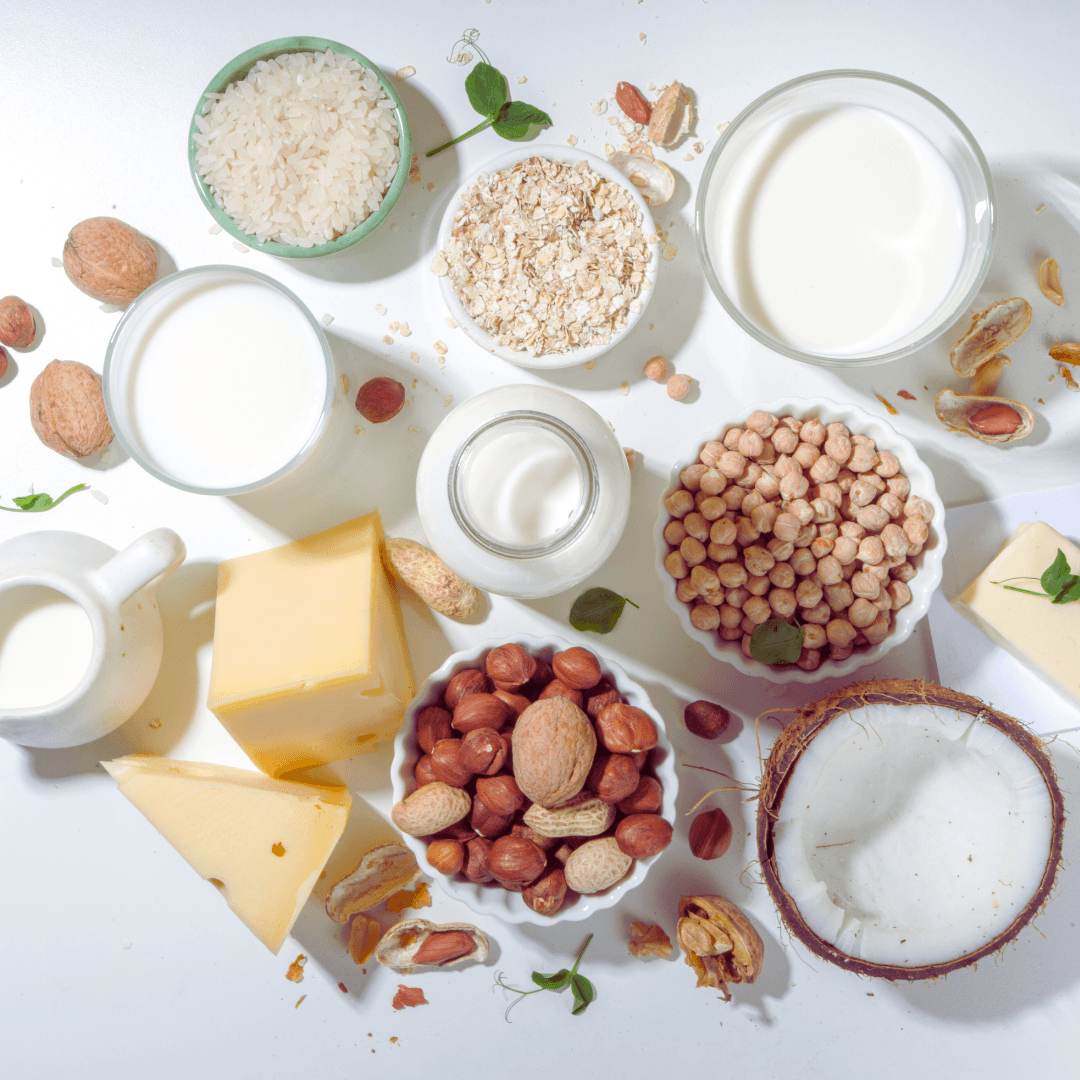
1. Include Fortified Foods
Incorporating fortified foods into a vegan diet is crucial for meeting vitamin B12 requirements. Plant-based milk, such as almond, soy, and oat, often contains added vitamin B12.
These can be used instead of dairy milk in cereals, smoothies, or cooking. Breakfast cereals are another convenient option, with many brands offering fortified varieties.
Enjoying fortified cereals with fortified plant-based milk can boost your vitamin B12 intake. Nutritional yeast is a popular choice among vegans, offering a cheesy flavour and a significant amount of vitamin B12 when fortified.
It can be used as a seasoning in various dishes, adding flavour and nutrients. Incorporating these fortified foods into your daily meals can help ensure you meet your vitamin B12 needs on a vegan diet.
Remember to check the labels to confirm they are fortified with vitamin B12 and vary your food choices to ensure a balanced diet.
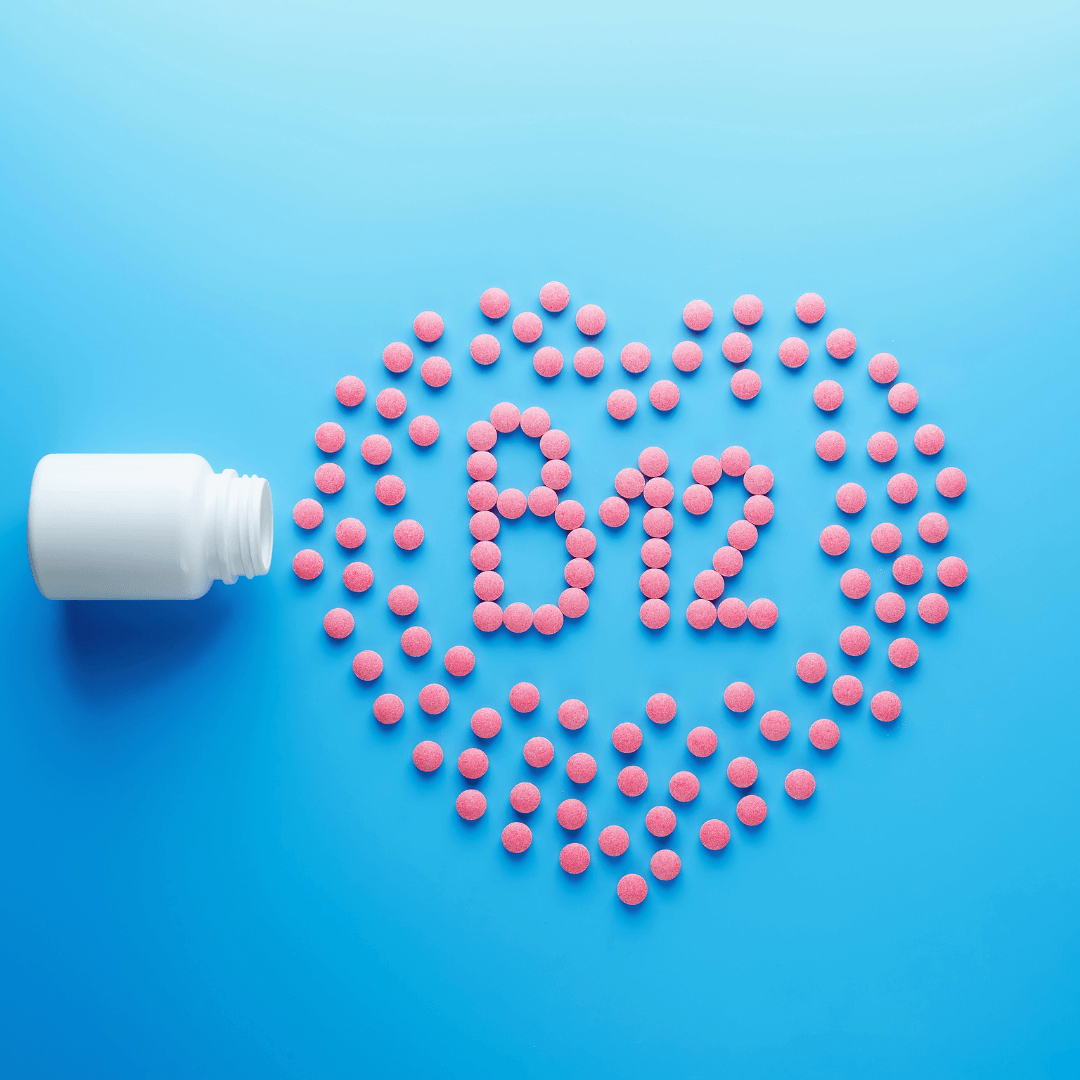
2. Take A Vitamin B12 Supplement
Since animal products are the main source of vitamin B12, vegans must take a supplement to avoid being deficient.
Pills, capsules, and sublingual (under the tongue) sprays are some available vitamin B12 supplement types.
Follow the directions on the product label or speak with a healthcare provider because the suggested dosage for vitamin B12 supplements varies.
An individual's age, nutrition, and health status can dictate the need for larger doses or specialized formulations.
Since vitamin B12 is soluble in water and eliminated in the urine in excess, daily or weekly supplements are usually advised to guarantee sufficient intake.
It's important to choose a supplement containing methylcobalamin or cyanocobalamin, the most stable and bioavailable forms of vitamin B12.
Regularly monitoring your vitamin B12 levels through blood tests can help ensure you take the correct dosage and that your body absorbs the vitamin properly.
Including a vitamin B12 supplement in your daily or weekly routine can help you maintain optimal health on a vegan diet.
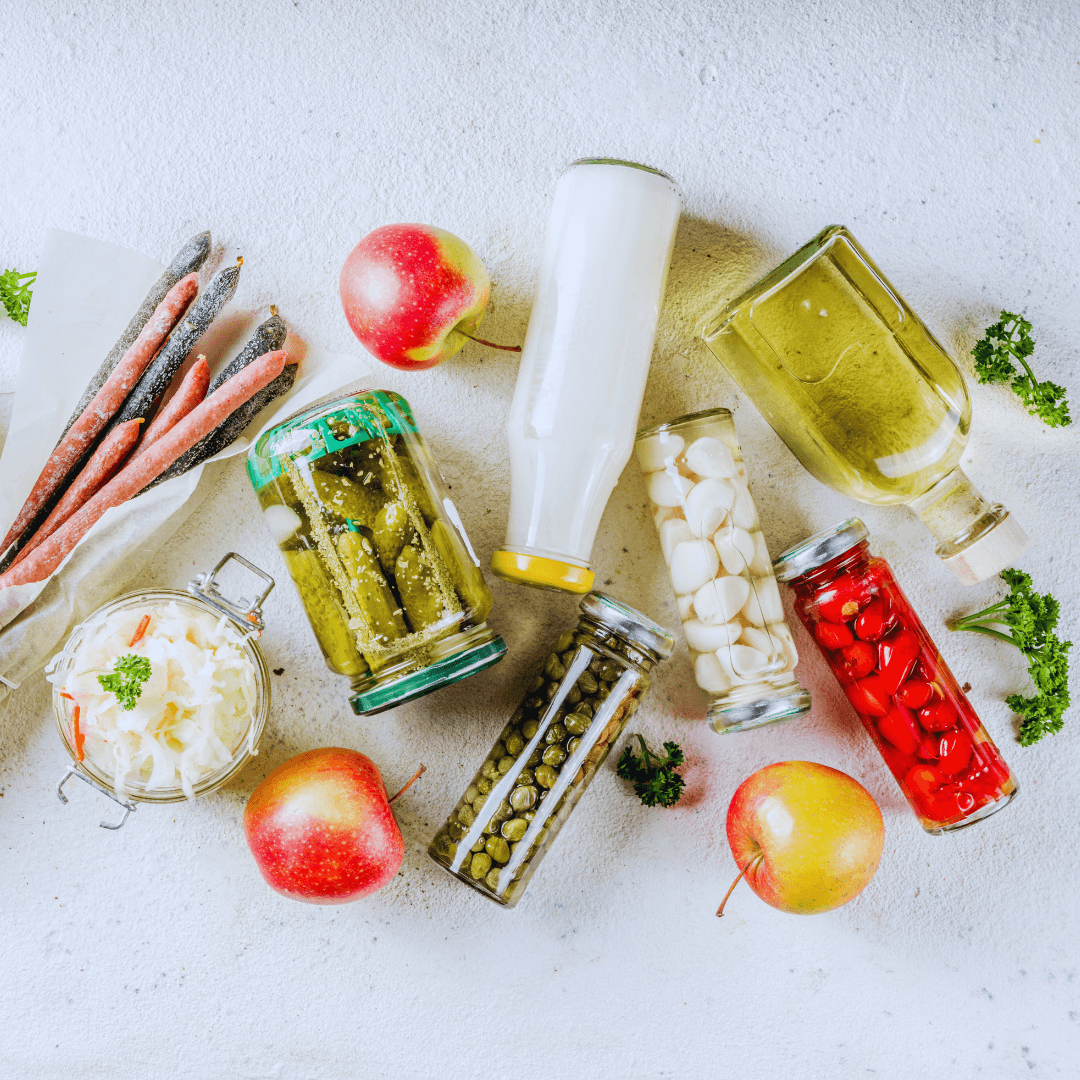
3. Eat Fermented Foods
Including fermented foods in your diet, such as tempeh, miso, and sauerkraut, can be beneficial for vegans as they may contain some B12-producing bacteria.
These bacteria can synthesize vitamin B12, although the amount produced can vary and may not be sufficient to meet daily requirements.
Tempeh, a fermented soybean product, is a good source of protein and can be used in various dishes.
Miso, a fermented soybean paste commonly used in soups and marinades, adds a rich, umami flavour.
Made from fermented cabbage, sauerkraut adds a zesty flavour to sandwiches and salads. Even though these foods might not be abundant in vitamin B12, eating them might still have other positive effects on your health, such as better digestion because of their probiotic content.
It's crucial to remember that depending on fermented foods might not be enough to meet your needs for vitamin B12.
You should take supplements or eat fortified foods to guarantee you get enough of this vital ingredient.
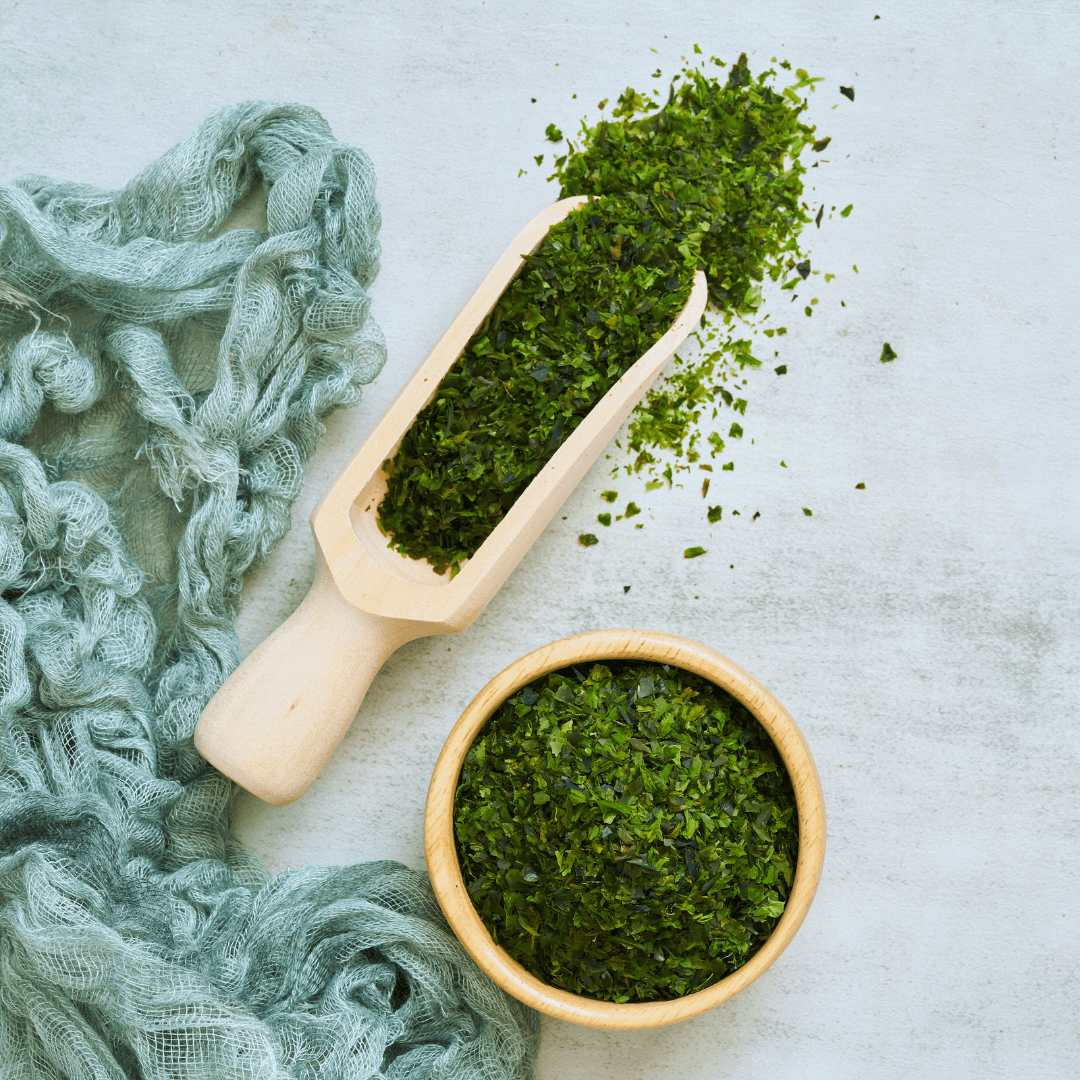
4. Consume Algae And Seaweed
Algae and seaweed, including varieties like spirulina and nori, are often touted as sources of vitamin B12 for vegans.
While these foods contain vitamin B12, it's important to note that the human body may not readily absorb vitamin B12 in algae and seaweed.
The B12 found in these sources is primarily analogous, structurally similar to true vitamin B12 but not effectively utilized by the body.
Consuming algae and seaweed can offer other health benefits, such as antioxidants, vitamins, and minerals.
However, vegans shouldn't rely solely on algae and seaweed as their primary source of vitamin B12.
Instead, they should incorporate fortified foods or supplements into their diet to ensure an adequate intake of this essential nutrient.
Regular monitoring of vitamin B12 levels is also important for vegans who consume algae and seaweed to ensure they meet their nutritional needs.
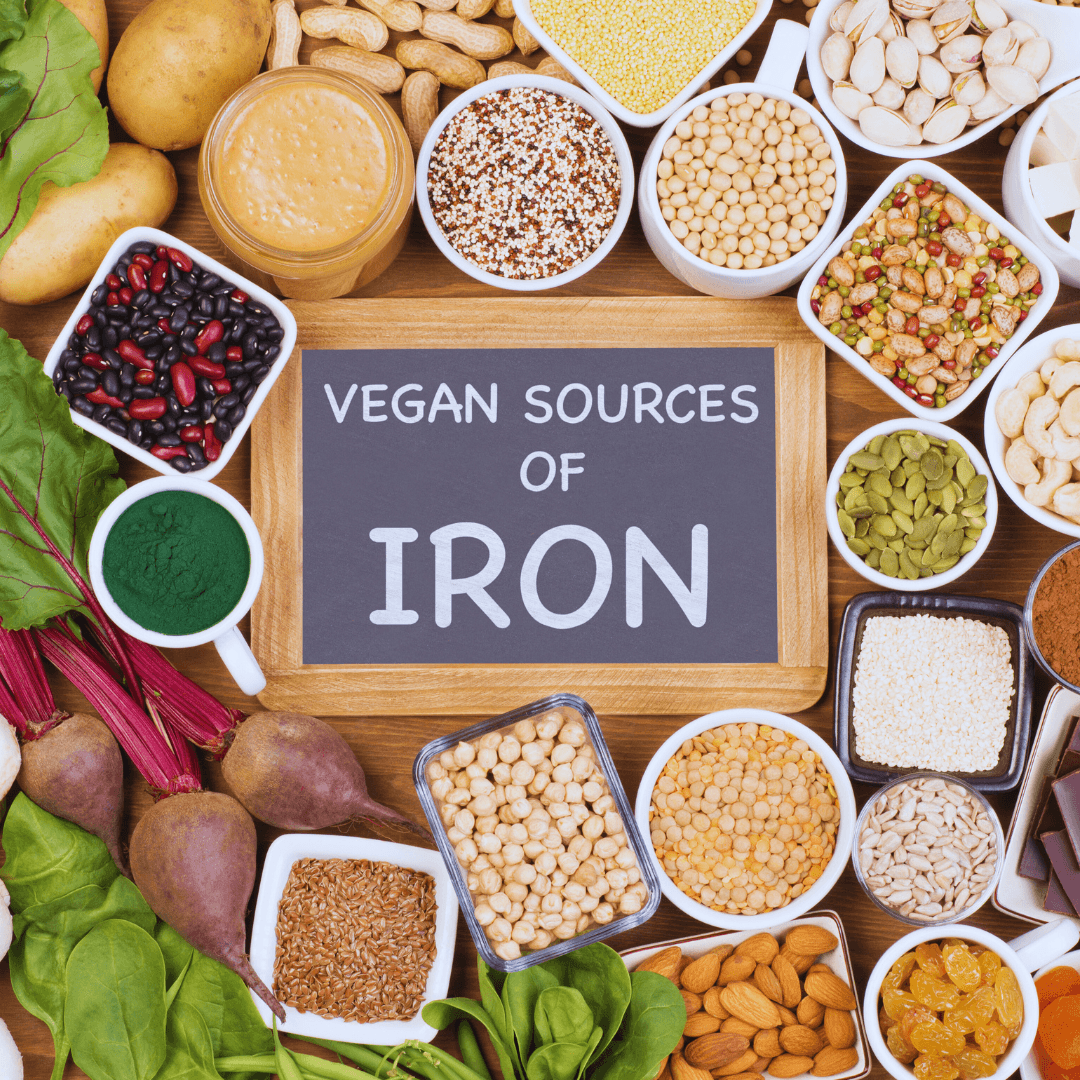
5. Ensure Adequate Iron Intake
Vegans must ensure adequate iron intake, as iron from plant-based sources may be less readily absorbed than from animal products.
Lentils, beans, spinach, tofu, and fortified cereals are examples of plant-based iron sources.
To improve iron absorption, combine these meals with foods high in vitamin C, like bell peppers, strawberries, and citrus fruits. Vitamin C facilitates the body's quicker absorption of iron derived from plants.
Vegans can fulfill their iron requirements by including these foods in their diets. It's also crucial to remember that cooking food in cast-iron cookware might raise its iron content.
However, since tea, coffee, and calcium-rich meals can block iron absorption, avoiding consuming iron-rich foods with them is best.
You can ensure you get enough iron by eating foods high in iron and watching for things that improve iron absorption.
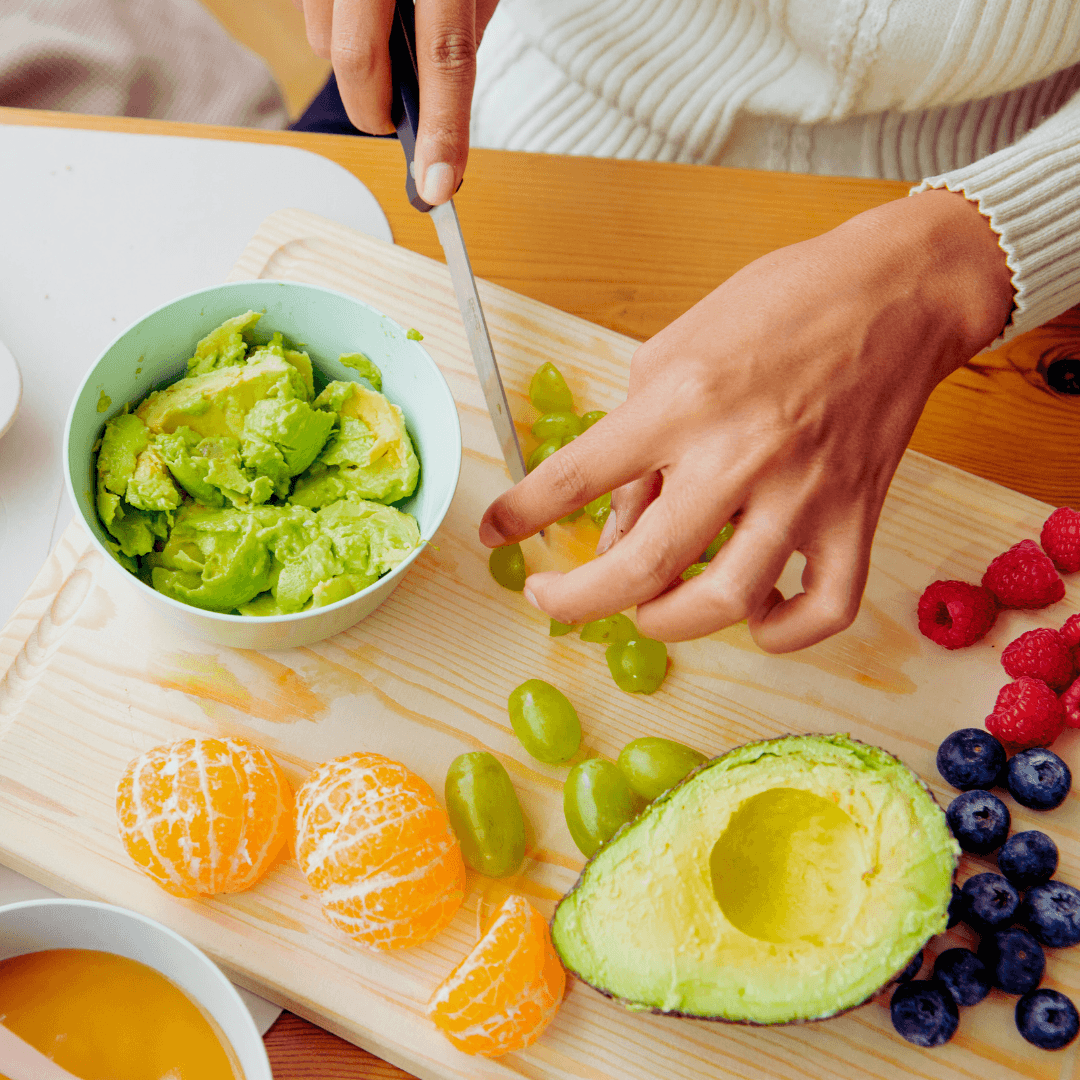
6. Be Mindful Of Food Preparation
When preparing vegetables in a vegan diet to retain vitamin B12 content, opting for cooking methods that minimize nutrient loss is essential.
Lightly steaming or sautéing vegetables is preferable over excessive boiling, as boiling can leach water-soluble vitamins like B12 into the cooking water.
By lightly steaming or sautéing, you preserve more of the vegetables' nutrients, including any small amounts of vitamin B12 present.
Additionally, avoiding prolonged exposure to high heat helps maintain the integrity of the food's vitamins and minerals.
It's also advisable to cut vegetables into larger pieces rather than finely chop them before cooking, as smaller pieces lose nutrients more rapidly during the cooking process.
Furthermore, consider using cooking techniques that involve minimal water, such as stir-frying or roasting, as this reduces the likelihood of vitamin B12 being lost in cooking liquids.
Overall, mindful food preparation techniques are crucial in maximizing the nutritional value of vegan meals and ensuring adequate intake of essential nutrients like vitamin B12.
FAQ:
1. What Are The Benefits Of Vitamin B12 Shots For Weight Loss?
Answer: Vitamin B12 shots are often linked to weight loss due to their role in energy production and metabolism.
However, while B12 deficiency can lead to fatigue and weakness, supplementing with B12 shots is unlikely to cause weight loss directly.
B12 shots can improve energy levels, indirectly supporting weight loss by helping individuals feel more motivated for physical activity.
Additionally, some evidence suggests that B12 shots can help reduce overall body fat, but more research is needed to confirm these effects.
B12 injections should be viewed as a component of a complete weight-loss program that includes a balanced diet and frequent exercise.
2. What Is The Importance Of Vitamin B12 In The Elderly?
Answer: Vitamin B12 is crucial for the elderly as it is key in maintaining nerve function, cognitive health, and red blood cell production.
Deficiency is common among older adults due to decreased stomach acid production, impairs B12 absorption.
Untreated deficiency can lead to neurological problems, including numbness, tingling, and memory issues.
Adequate B12 intake is vital for elderly individuals to support overall health and vitality. If necessary, monitoring B12 levels and supplementation can help prevent deficiency and maintain optimal health in the elderly.
3. What Are The Functions Of Vitamin B12 And Folic Acid?
Answer: Folic acid, often known as folate, and vitamin B12 are necessary for many body processes.
Vitamin B12 is required for DNA synthesis, red blood cell formation, and neuron function. It collaborates closely with folate in these activities.
The synthetic form of folate, folic acid, is essential for DNA and RNA synthesis and cell division. Both vitamins are particularly important during rapid growth, such as pregnancy.
A deficiency in either can lead to anemia and neurological problems. Ensuring an adequate intake of both vitamins is essential for overall health and well-being.
Conclusion
The danger of vitamin B12 insufficiency can rise with a vegan diet despite veganism's many health advantages.
Red blood cell development, nervous system performance, and general health depend on vitamin B12.
Plant-based milk, nutritional yeast, and breakfast cereals are examples of fortified foods that vegans might include to prevent deficiencies.
By planning and paying attention to their food intake, vegans can maintain a healthy lifestyle and reduce their risk of vitamin B12 insufficiency.
Vegans can seek advice from a medical expert or licensed dietitian to create a balanced diet that satisfies their nutritional requirements and promotes general health.
I trust you enjoyed this article about the Vegan Diet And Vitamin B12 Deficiency. Please stay tuned for more blog posts soon. Take care!
JeannetteZ
>>>Please click here to read my Vegan Travel Guides To World Destinations<<<
>>>Want To Learn How To Create Delicious, Cruelty-Free, Healthy AND 100% Vegan Meals? Try These Awesome Vegan Cooking Courses With A Free 7-DAY MEMBERSHIP<<<
Your Opinion Is Important To Me
Do you have thoughts, ideas, or questions? I would love to hear from you. Please leave me your questions, experiences, and remarks about the Vegan Diet And Vitamin B12 Deficiency article in the comments section below. You can also reach me by email at Jeannette@LivingTheVeganLifestyle.org.
Disclosure
This post may contain affiliate links. I earn from qualifying purchases as an Amazon Associate and other affiliate programs. Please read my full disclosure.
Here are links to some of my favourite articles:
Unlocking The Power Of Vegan Vitamin A
Best Vegan Food Sources Of Vitamin D

